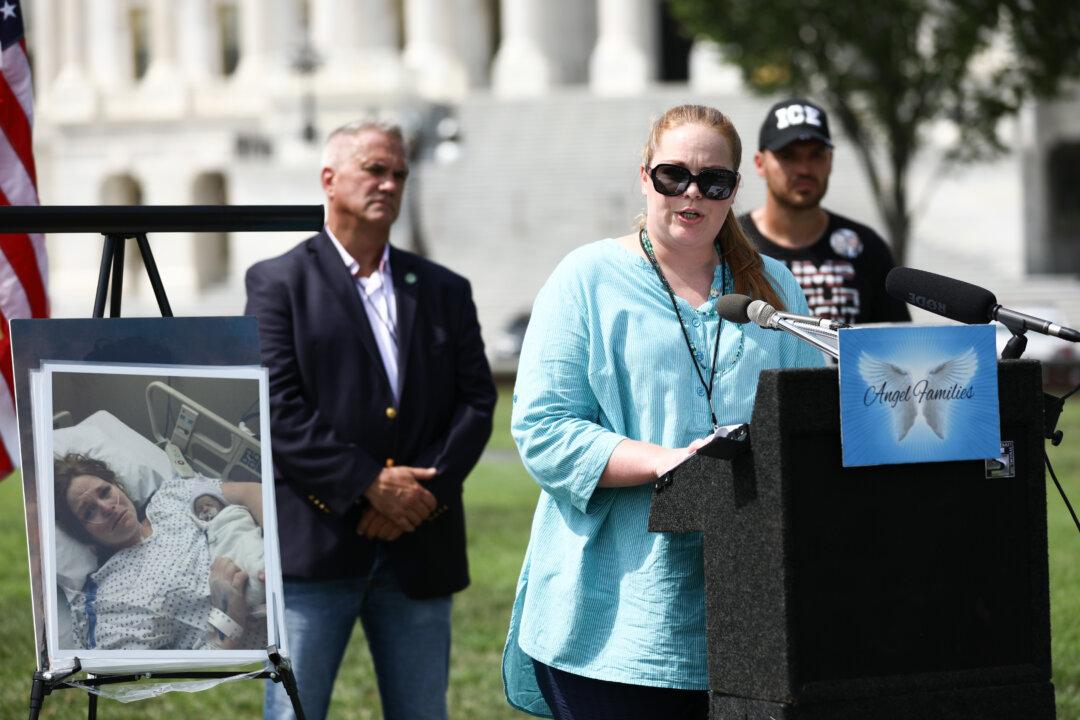WASHINGTON—Getting justice after someone kills a loved one can be an empty process at the best of times. But for those whose loved ones were killed by illegal aliens, justice is often scarce and weighted toward the perpetrators. And the porous southwest border doesn’t guarantee that those who get deported, stay deported.
Aileen Smith has no idea if the man who killed her baby and debilitated her is back in the United States. She said Ramon Hernandez, a Honduran national, had lived here illegally for years after overstaying his visa.





